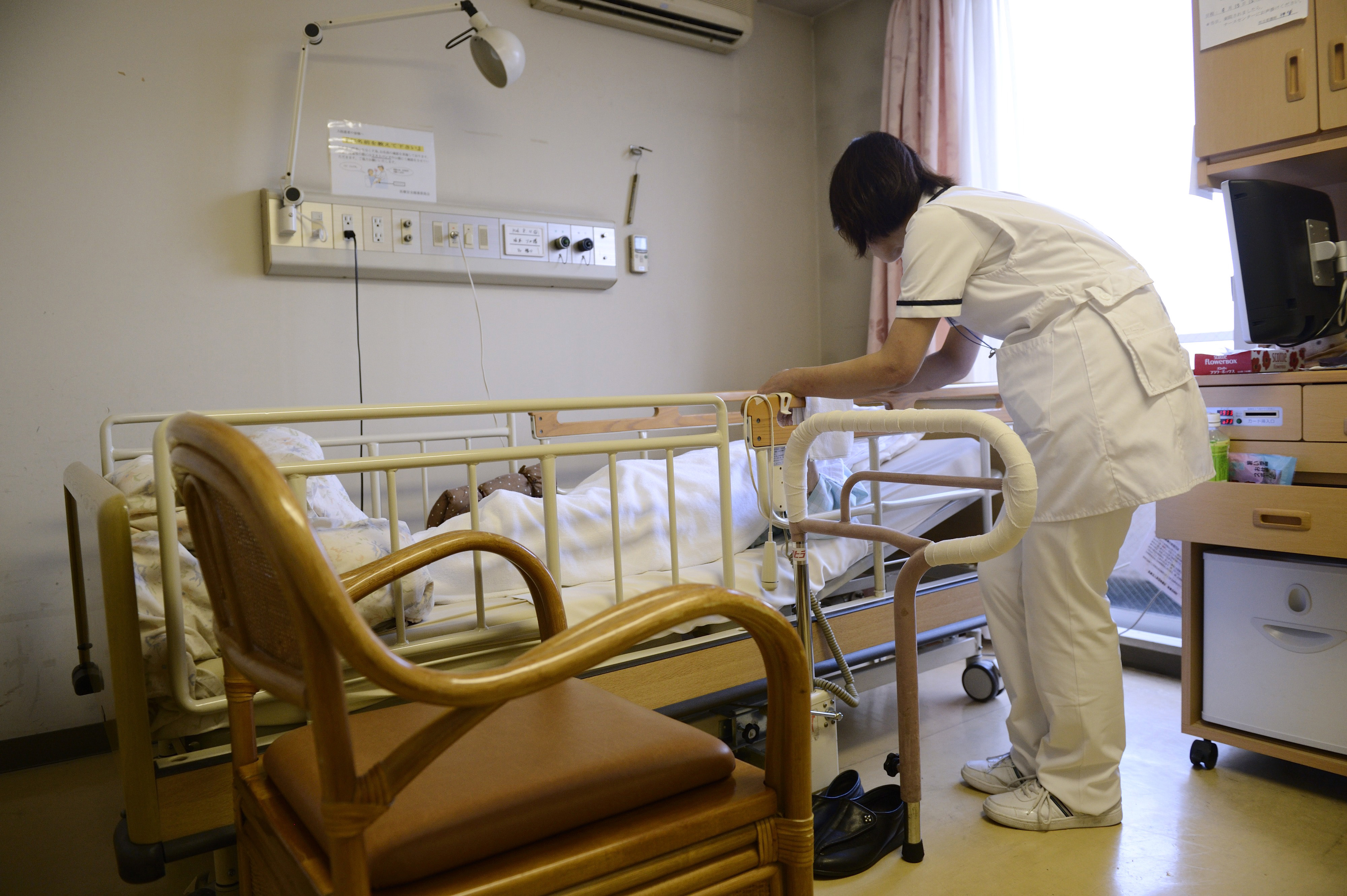On Feb. 10, as hundreds of people in business attire watched from the gallery, a panel of experts under the Health, Labor and Welfare Ministry adopted a long list of proposals to revise the fees that can be charged by the nation's hospitals and pharmacies for medical procedures and prescriptions under the public health insurance scheme.
While little known to the public, the Chuo Shakai Hoken Iryo Kyogi Kai (Central Social Insurance Medical Council), commonly abbreviated as Chuikyo, has long wielded a huge influence on charting the course of health care policy in Japan.
Under law, all residents in Japan must join the public health insurance system and pay monthly premiums in return for access to government-approved drugs and services for no more than 30 percent of the cost. With Japan's medical expenditures topping ¥40 trillion a year, the smallest change in the fee of one procedure can lead to a difference of tens of billions of yen in the nation's medical bills, and its financial impact on health care providers is huge. The panel's meetings, which are open to the public, are thus packed with people representing various interest groups.


















With your current subscription plan you can comment on stories. However, before writing your first comment, please create a display name in the Profile section of your subscriber account page.